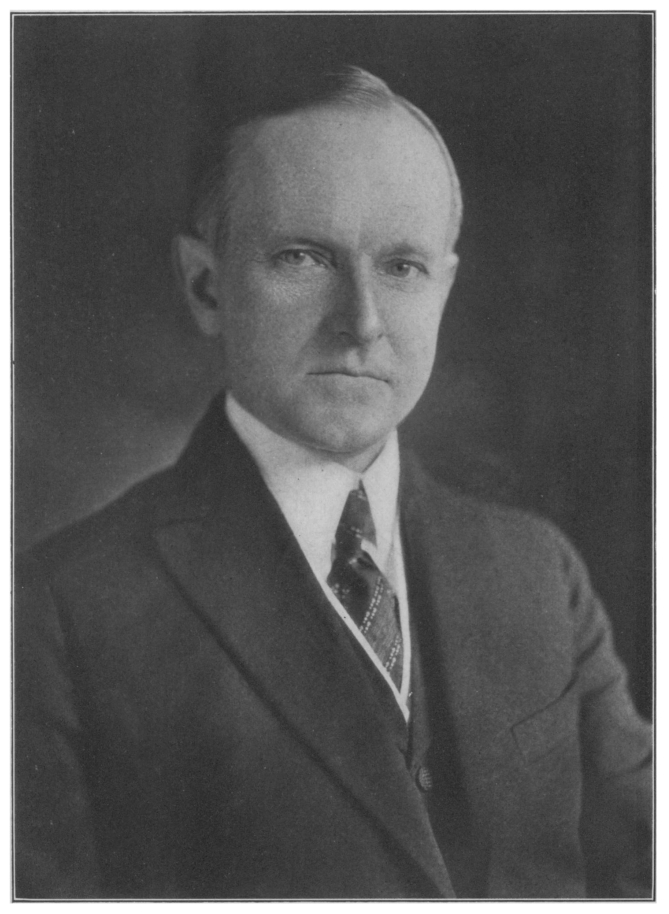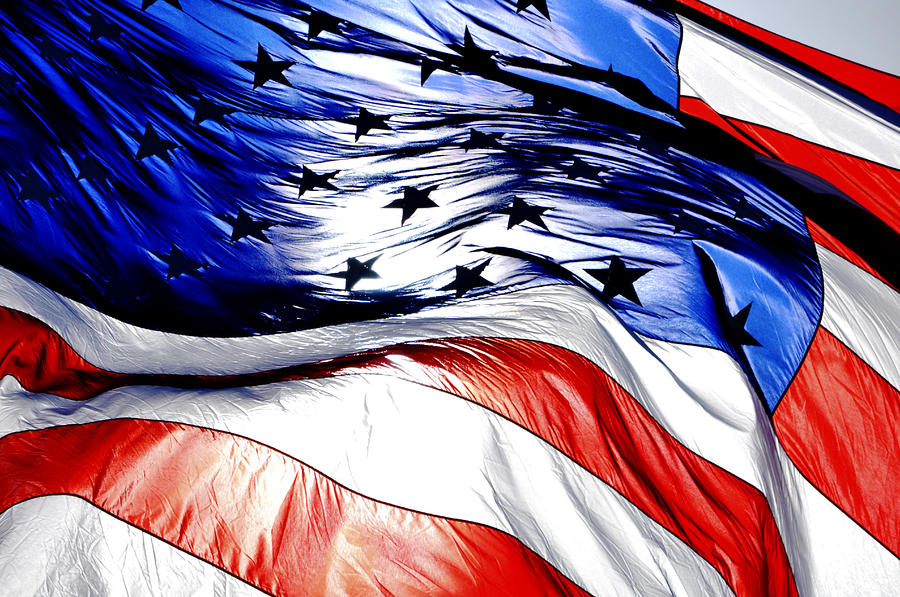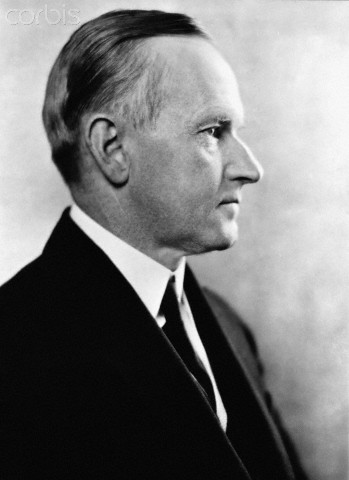“James Madison vs. Barack Obama” by Burt Folsom
Taking a series of powerful reminders from the Progressive Era (1900-1920), Dr. Folsom reveals the inescapable flaws of trusting government bureaucracy with competence and responsibility for human life and the daily decisions we, as free individuals, are infinitely better equipped to make. It is the stark difference between the blind reliance on government “experts” and the wisdom of the Constitution in liberating people to choose for themselves rather than live at the behest of an unbounded bureaucracy. It is the naive notion of progressives then as now that tighter controls make happier people and better nations while constitutionalists, who understand what power does to human nature, embrace a limited government, where power is disbursed and held strictly accountable to the people. Constitutionalists grasp the inhumane character of bureaucracy because history has taught them political calculations take primacy over the liberty of people and an equal respect for the law. To constitutionalists, limiting what government can do, preserving equality under the law and retaining each person’s freedom to pursue happiness comprise the compassionate way. It is the recipe by which America has experienced so many blessings and so much success. Despite the best efforts of progressives, no bureaucratic system will ever come close to the tremendous success of constitutionalism, when it is practiced.
Our thirtieth president, living in the midst of the Progressive Era, understood this well. He would come down decisively on the side of rolling back the growth and expansion of government, looking to the ingenuity and ability of the people to govern themselves. His appraisal of real progress grounded in the sensible and prescient foundations of constitutionalism make Coolidge not only a rewarding subject to study but a necessary one today. No need to take my word for it, Coolidge encapsulates it best:
“When we contemplate the enormous power, autocratic and uncontrolled, which would have been created by joining the authority of government with the influence of business, we can better appreciate the wisdom of the fathers in their wise dispensation which made Washington the political center of the country and left New York to develop into its business center. They wrought mightily for freedom…When government comes unduly under the influence of business, the tendency is to develop an administration which closes the door of opportunity; becomes narrow and selfish in its outlook, and results in an oligarchy. When government enters the field of business with its great resources, it has a tendency to extravagance and inefficiency, but, having the power to crush all competitors, likewise closes the door of opportunity and results in monopoly” – November 19, 1925.
“No plan of centralization has ever been adopted which did not result in bureaucracy, tyranny, inflexibility, reaction, and decline. Of all forms of government, those administered by bureaus are about the least satisfactory to an enlightened and progressive people. Being irresponsible they become autocratic, and being autocratic they resist all development. Unless bureaucracy is constantly resisted it breaks down representative government and overwhelms democracy. It is the one element in our institutions that sets up the pretense of having authority over everybody and being responsible to nobody” – May 15, 1926.
“The government has never shown much aptitude for real business. The Congress will not permit it to be conducted by a competent executive, but constantly intervenes. The most free, progressive and satisfactory method ever devised for the equitable distribution of property is to permit the people to care for themselves by conducting their own business. They have more wisdom than any government” – January 5, 1931.
“Neither the state nor the Federal governments can supply the information and wisdom necessary to direct the business activity of the nation…The experience, skill and wisdom necessary to guide business cannot be elected or appointed. It has to grow up naturally from the people. The process is long and fraught with human sacrifice, but it is the only one that can work” – May 1, 1931.
In contrast to the destruction of society by bureaucracy, “There is another system with which every American should be familiar, a system of equality and of freedom, not without the claim of divine right but recognizing that such right reposes in the people; a system where the individual is clothed with inalienable rights, the people are supreme, the government is their agent. Under this conception there is real freedom, real independence, and grave personal responsibility. The rulers look to the people. Their authority is the public will, ascertained in accordance with law. There will be the least possible interference with private affairs. Realizing that it is the people who support the government and not the government which supports the people, there will be no resort to paternalism. Under such institutions there may be appear to be a lack of machine-like efficiency, but there will be no lack of character. Private initiative will be stimulated. Self-reliance and self-control will be increased. Society will remain a living organism sustaining hope and progress, content to extend its dominion not by conquest but by service. Such is the system of self-government, the orderly rule of the people, carrying within itself a remedy for its own disorders and the power of self-perpetuation. This is the ideal of America” – January 21, 1923.
Coolidge, one of our wisest constitutionalist Presidents, hits the mark, as usual, squarely and faithfully.

 “When the people of the Colonies were defending their liberties against the might of kings, they chose their banner from the design set in the firmament through all eternity. The flags of the great empires of that day are gone, but the Stars and Stripes remain. It pictures the vision of a people whose eyes were turned to the rising dawn. It represents the hope of a father for his posterity. It was never flaunted for the glory of royalty, but to be born under it is to be born a child of a king, and to establish a home under it is to be the founder of a royal house. Alone of all flags it expresses the sovereignty of the people which endures when all else passes away…He who lives under it and is loyal to it is loyal to truth and justice everywhere. He who lives under it and is disloyal to it is a traitor to the human race everywhere. What could be saved if the flag of the American Nation were to perish?” — Governor Calvin Coolidge, Flag Day Proclamation, May 26, 1919 set for observance on June 14 of 1919.
“When the people of the Colonies were defending their liberties against the might of kings, they chose their banner from the design set in the firmament through all eternity. The flags of the great empires of that day are gone, but the Stars and Stripes remain. It pictures the vision of a people whose eyes were turned to the rising dawn. It represents the hope of a father for his posterity. It was never flaunted for the glory of royalty, but to be born under it is to be born a child of a king, and to establish a home under it is to be the founder of a royal house. Alone of all flags it expresses the sovereignty of the people which endures when all else passes away…He who lives under it and is loyal to it is loyal to truth and justice everywhere. He who lives under it and is disloyal to it is a traitor to the human race everywhere. What could be saved if the flag of the American Nation were to perish?” — Governor Calvin Coolidge, Flag Day Proclamation, May 26, 1919 set for observance on June 14 of 1919.
